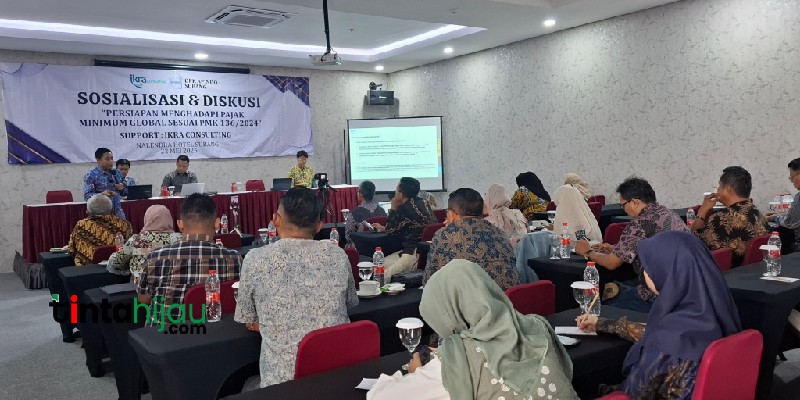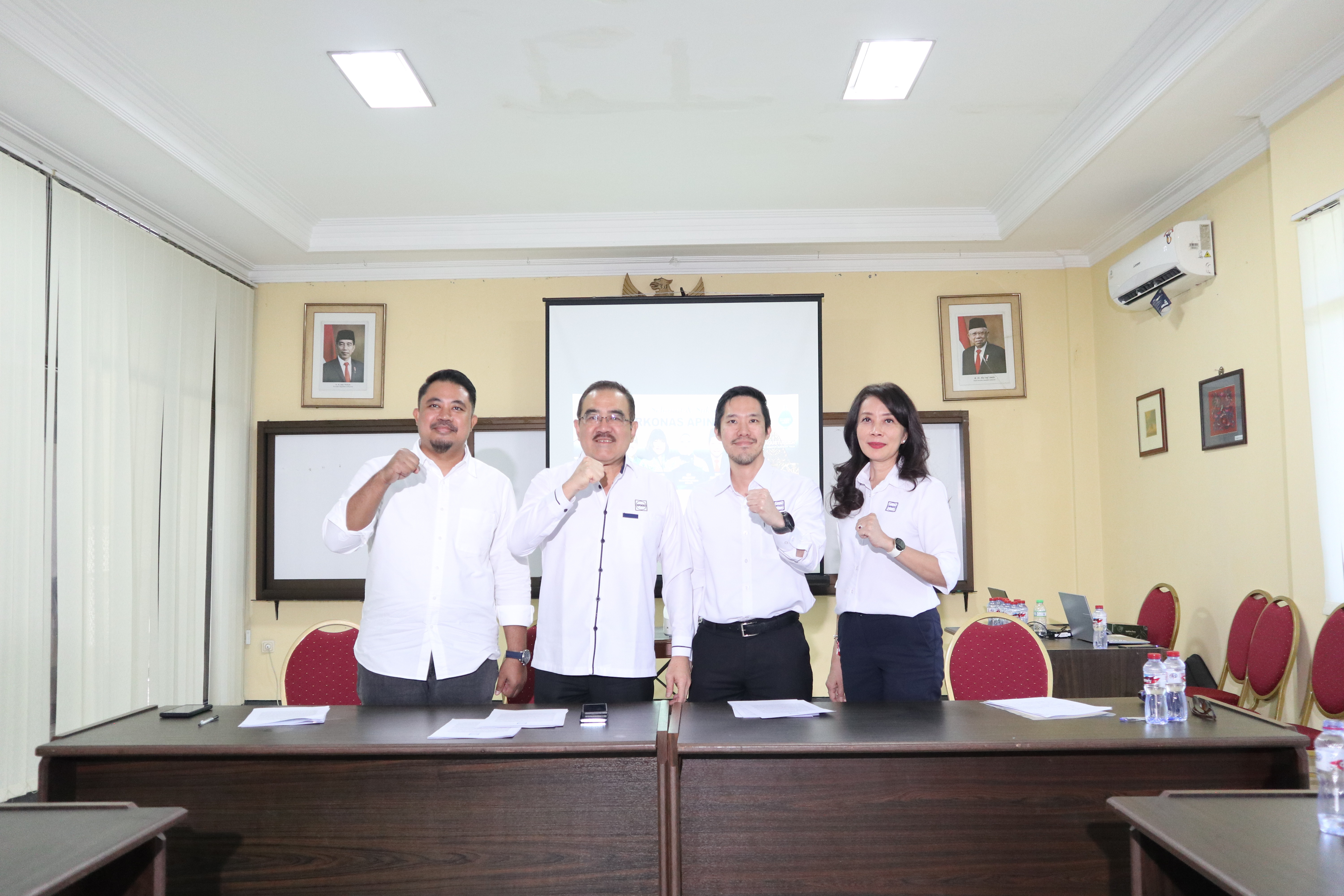Implementation of 12% VAT Requires Timing Adjustments
Friday, 15 November 2024The government is urged to reconsider the implementation of the Value-Added Tax (VAT) rate increase to 12% in 2025. There is significant room for postponing the policy, and it is relatively easy to do, as seen in the deferral of the carbon tax.
"Adjustments to the timing are necessary. This has been done before, such as with the implementation of the carbon tax. So, it’s not something new," said Ajib Hamdani, Economic Policy Analyst at the Indonesian Employers Association (APINDO), during an interview on Friday, November 15.
For the business sector, delaying the VAT rate hike is seen as a rational policy. The government still needs to maintain public purchasing power and encourage production efficiency. This aims to keep the balance between economic supply and demand.
Currently, the public is perceived as still needing appropriate incentives, rather than facing additional burdens through a VAT rate hike. Forcing the increase may backfire on the government.
This is because the VAT rate increase will drive up the prices of goods and services, potentially lowering consumption demand. Weakening consumption could lead to reduced production and result in economic stagnation or even decline.
The VAT rate increase also poses the risk of driving up inflation. The resulting inflation gap, Ajib noted, would erode Indonesia’s economic growth rate.
"The government should hold discussions with all stakeholders, including the public and business players, to assess the effects of the VAT rate increase on society," Ajib explained.
"Alternatively, the government could provide incentives such as raising the non-taxable income threshold (PTKP) to maintain public purchasing power. The PTKP, which has been set at IDR 54 million per year since 2016, could be raised," he added.
The impact of the VAT hike to 12% is widely seen as burdensome for the economy. For instance, the Center of Economic and Law Studies estimates that the policy could push Indonesia’s inflation rate in 2025 to 4.5%-5.2% annually.
Meanwhile, a report from the Institute for Economic and Social Research (LPEM) at the University of Indonesia suggests that increasing the VAT rate to 12% in 2025 could widen income inequality in Indonesia. This is because the VAT rate applies uniformly to all groups, disproportionately impacting lower-income households.
This scenario could exacerbate poverty levels and deepen social inequality, pushing more people below the poverty line and placing additional strain on vulnerable groups.
A higher VAT rate would also directly affect inflation. Rising prices for goods and services would increase the overall cost of living for the public.
The LPEM UI report also indicates that the burden of the higher VAT rate is felt most acutely by lower-income households. The poorest 20% of households are expected to see a burden increase of 0.86 percentage points, compared to 0.71 percentage points for the wealthiest 20%.
Similarly, when comparing the VAT burden under the current 11% rate to the 10% rate during the COVID-19 era (2020–2021), the VAT burden for the wealthiest 20% increased by 0.55 percentage points, while it rose by 0.71 percentage points for the poorest 20%.
The heaviest burden is borne by households in the 20th to 22nd percentiles, where their burden increased by 0.91 percentage points.
The regressive impact of the VAT increase becomes evident when examining the tax burden by income class. Compared to the pre-COVID-19 period with a 10% VAT rate, the current 11% rate results in a smaller increase for wealthier households. Specifically, the VAT burden rose by 0.84 percentage points for the poorest groups, 0.87 percentage points for vulnerable groups, and 0.61 percentage points for the middle-income group, while it only increased by 0.62 percentage points for the upper class.
Moreover, the VAT hike is expected to affect competitiveness, particularly in the tourism sector. The higher VAT rate may deter international visitors who perceive Indonesia as less cost-effective compared to neighboring countries with lower tax rates.
This situation could ultimately impact foreign investment, as investors often seek regions with more favorable tax environments. Additionally, the increased production costs associated with higher VAT could reduce the competitiveness of Indonesian exports in global markets.
Implementation challenges also need to be addressed. The VAT hike could lead to an increase in tax avoidance or evasion, particularly in sectors with high levels of informality or limited oversight.
This risk threatens to undermine the government’s revenue objectives and complicate enforcement efforts, potentially offsetting the anticipated benefits of the VAT rate increase.
The planned VAT increase to 12% in 2025 is stipulated in Law No. 7 of 2021 on the Harmonization of Tax Regulations (HPP), Article 7 (1): "The VAT rate of 12% applies no later than January 1, 2025."
However, the government has the flexibility to postpone the rate increase. This authority is granted under Article 7 (3) of the VAT Law, which states that the government may adjust the VAT rate to a minimum of 5% and a maximum of 15% through a government regulation.









